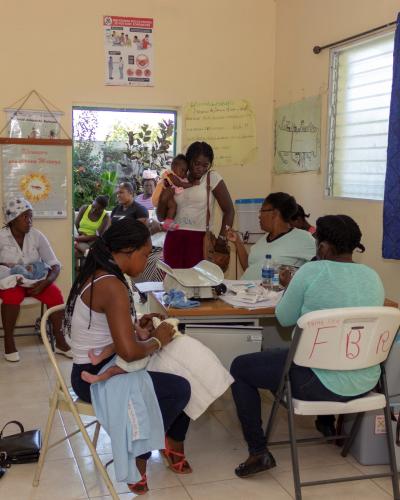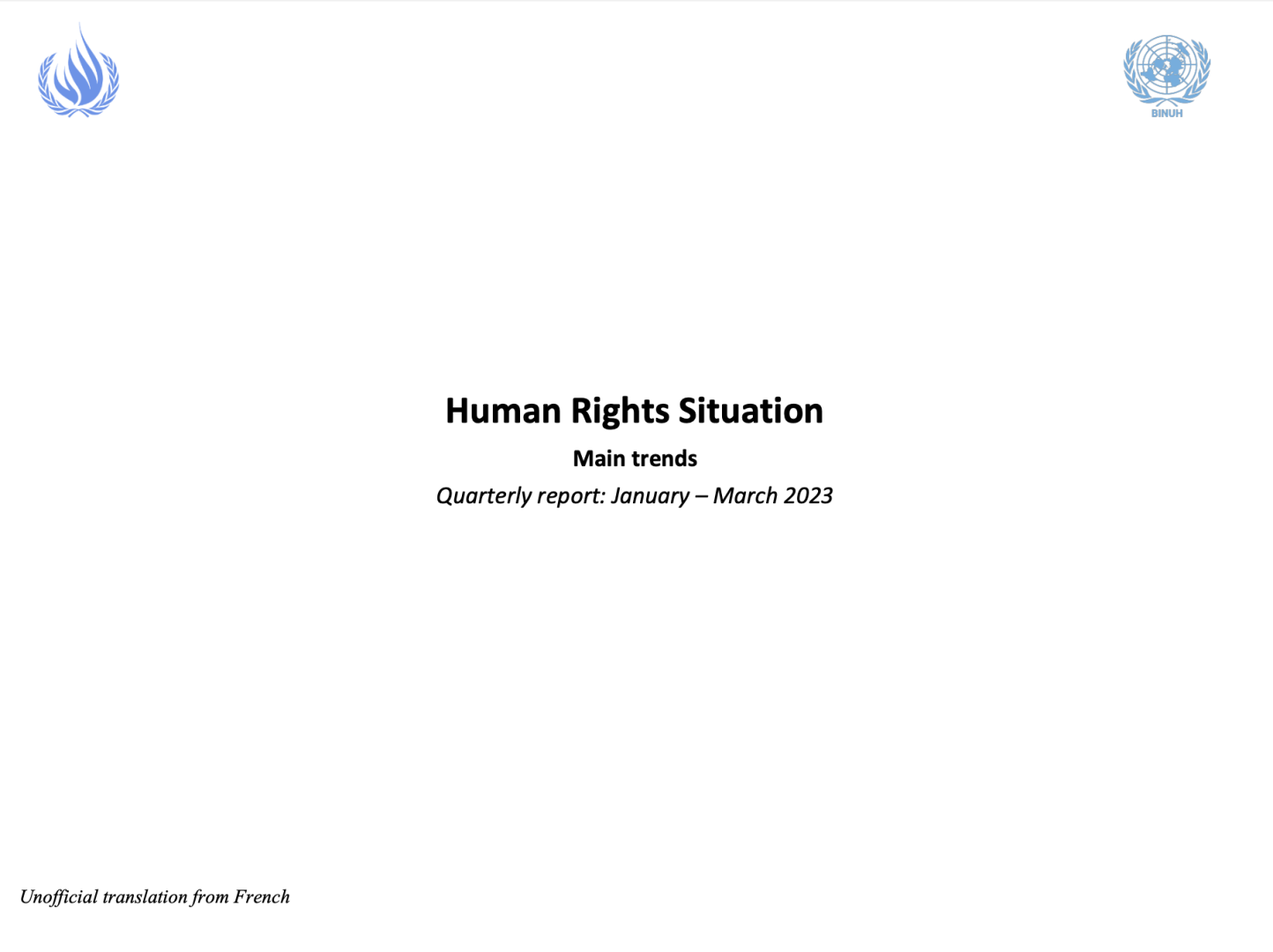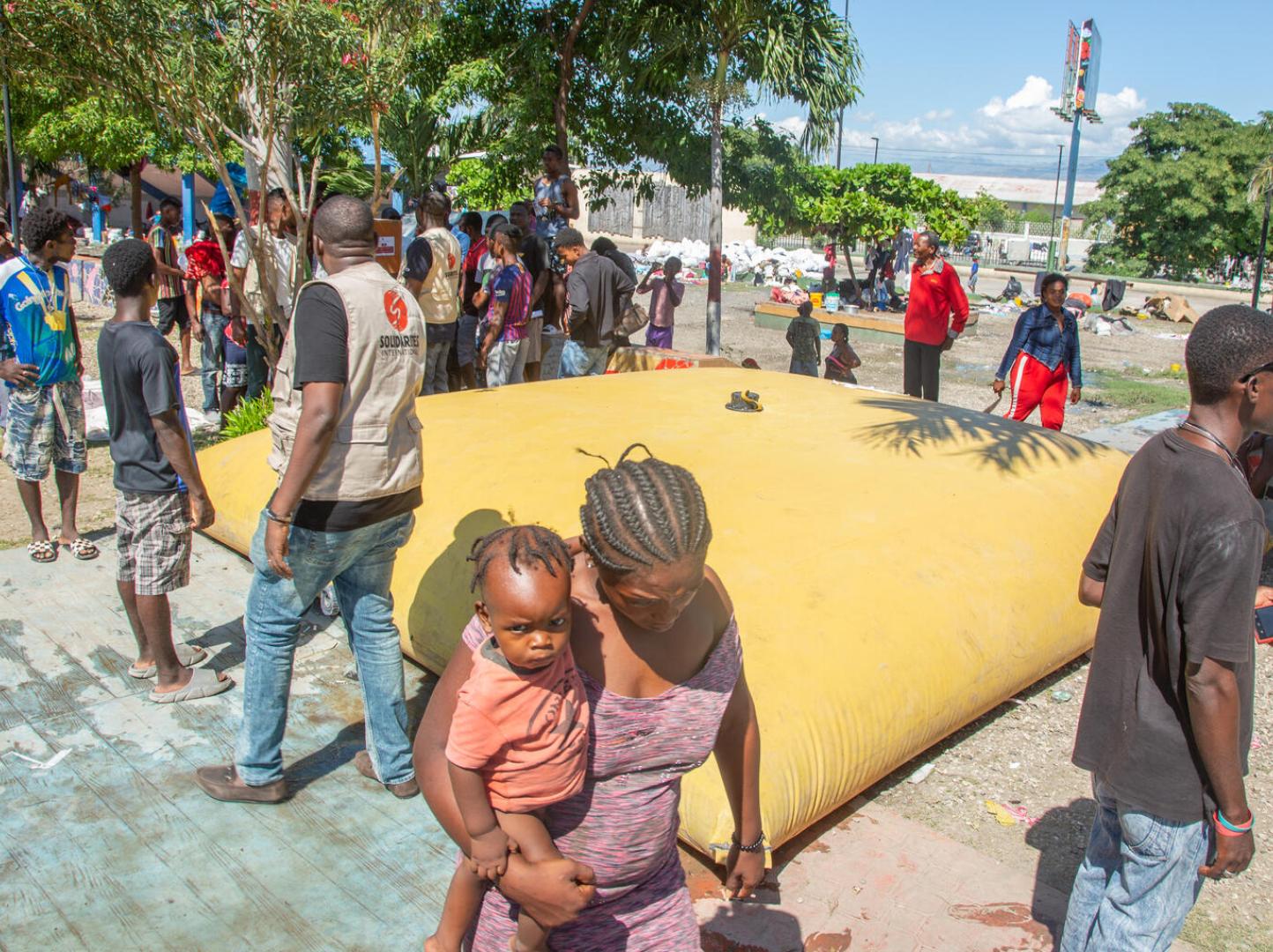Fuel crisis and social unrest: Impact on the humanitarian situation

Haiti is experiencing a serious fuel crisis which, combined with the insecurity generated by the activity of armed gangs and the rising cost of living, has triggered significant social unrest across country since 12 September, worsening the plight of the most vulnerable populations. With nearly 86 per cent of the country's electricity generation dependent on petroleum products, fuel supply has always been a major challenge in Haiti.
A coalition of armed gangs have completely blocked off access to the Varreux terminal, the country’s main point of entry for fuel, making the situation increasingly critical. The national power grid is now providing only a few hours of electricity per day and fuel reserves for backup systems, mainly supported by diesel-powered generators, are running out. As a result, access to essential services, like water and telecommunications, is severely restricted.
Some parts of Haiti are no longer covered by service networks and DINEPA1 says that soon it will no longer be able to operate its pumping stations or make deliveries via tanker trucks to supply the country with water. The fuel crisis, along with rising tensions and insecurity across the country, is directly affecting humanitarian activities and access to basic services, including health, nutrition and education.













